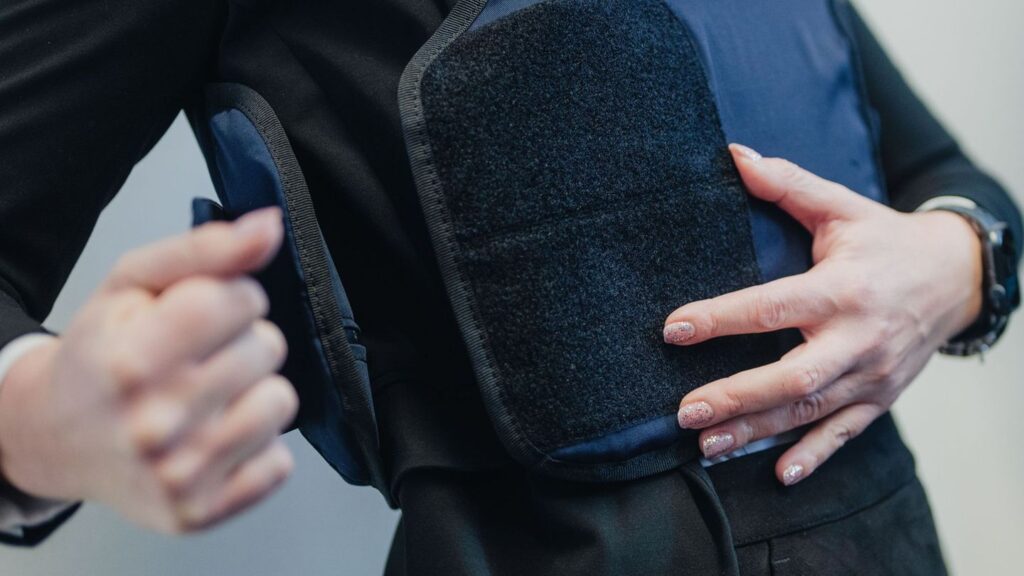
Saarland
Federal bailiffs demand more protection after death
“Spitting, scratching and pushing” as well as “verbal attacks” are part of everyday life. After the violent death of his colleague, the Association of German Bailiffs hopes that conditions will improve.
After the murder of a bailiff in the Saarland, the Association of German Bailiffs called for better protection and security concepts for field employees. In an interview with the German Press Agency, DGVB Chairman Matthias Boek cited increased training, better protective equipment such as stab- and bullet-proof vests, and greater privacy protection of court officers as three “key issues.”
They are generally alone in their daily work life and therefore they are especially at risk. Violence against bailiffs occurred repeatedly. “Verbal attacks are actually normal. It’s part of our daily lives,” said Boek. There is also physical violence: “It starts with spitting, scratching and pushing” and can then escalate further. “Today is of course an extraordinarily sad and dramatic incident, but court officials experience incidents of violence throughout the year,” continued the DGVB Chair.
A bailiff was killed in Bexbach in Saarland on Tuesday. According to the current investigation, the 58-year-old man was said to have been in an apartment “at the time of the eviction by foreclosure.” He is said to have been murdered there with a knife. The defendant was arrested.
De-escalation training, protective vests and anonymity
According to Boek, the German Bailiffs Association has concrete suggestions for improving the situation of employees in the field. “We as an association have been calling for better training for our colleagues for years,” Boek said. It also includes de-escalation training and learning defense techniques. But so far, this “is only a very basic part of the training,” which is regulated differently in each state. Although governments have become more sensitive in this regard, they “can certainly be more effective”.
Boek also finds protective vests useful. So far, most bailiffs wear civilian clothes, that is, without uniforms, also to protect debtors from stigmatization. “When we wear protective vests, we are of course recognized by the outside world as bailiffs. And the anonymity of the customer, the debtor, is of course no longer guaranteed in relation to his neighbors.”
However, Boek also wants more anonymity for court officials, whose personal lives may be affected by their work. For example, it is relatively easy to apply to the population register so that the debtor can find out the bailiff’s home address. Field staff should more easily incorporate reporting restrictions to prevent this, Boek said. However, efforts in conjunction with the Federal Ministry of the Interior to achieve this goal have so far been unsuccessful.
dpa





